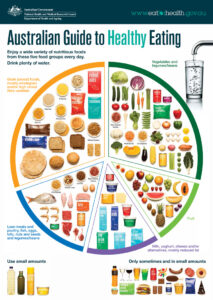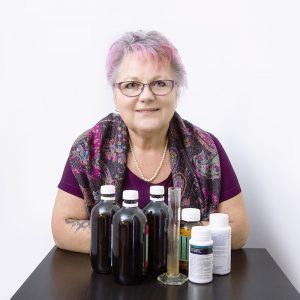
Preventing and Managing Seasonal Allergies
Seasonal allergies, hayfever, allergic rhinitis are all terms for a group of symptoms where the immune system has become hypersensitive to pollens, dust, moulds, mites or animal dander.
Symptoms of Allergic Rhinitis
- Runny nose
- Red, itchy, watery eyes
- Sneezing
- Itchy throat, eyes & face
- Sinus pain & headache
- Stuffy, runny nose
- Fatigue, generalised aches & pains
- Sore throat
- Post-nasal drip
Starting around August and running through to late summer around 20% of Australians are affected by seasonal allergies, which impact on day-to-day life for the duration of what is often called the “hayfever season”.
The acute immune response associated with seasonal allergies is your body’s way of ridding itself of allergens. You can significantly reduce the severity and duration of allergic rhinitis by targeting key chemical mediators produced by mast cells and eosinophils which cause the reaction i.e., histamines, leukotrienes and IgE antibodies.
Albizia lebbeck is a well know Ayurvedic medicinal herb with significant anti-allergic and analgesic properties. It strengthens the respiratory system, clears accumulated mucus and eases inflammation.
Perilla is a Chines herb traditionally used for allergic rhinitis, sinus congestion, and as an antidote for seafood allergies.
Baical skullcap balances the immune system response to allergens, decreasing the inflammatory response and easing symptoms of allergic rhinitis.
Golden Seal and Eyebright are mucous membrane tonics used to strengthen nasal mucosa and reduce mucous secretions associated with rhinitis. Eyebright is particularly effective for allergies that start in the eyes.
Echinacea is an excellent tonic for the immune system as well as being a powerful anti-inflammatory which assists in reducing symptoms associated with allergic rhinitis.
Vitamin C is useful in the prevention and management of seasonal allergies as it inhibits the release of histamines. Vitamin C is an immunomodulator i.e., it regulates immune function through enhancing the activity of immune cells. Vitamin C increases immunity in a number of ways e.g.:
- influencing T-cells,
- stimulating the production of interferons (proteins that protect cells against viruses),
- stimulating production of antibodies, and
- modulates immune function in the thymus gland.
Vitamin C also improves the function of leucocytes (white blood cells).
Zinc is essential for the normal function of the inflammatory response and has an important role in the structure and health of cell membranes.
Quercetin is a potent anti-histamine and anti-inflammatory. It reduces the response of immune cells responsible for allergic reactions.
Inhalation can assist in clearing blocked nasal passage. To a bowl of steaming water add 1 drop of high-quality Australian Eucalyptus essential oil. With a towel over your head and your eyes closed, lean over the steam and inhale – through the nose as much as possible. Then move away and take a normal breath. Add another drop of essential oil to the bowl and breathe in as before. Repeat this procedure till you have used UP TO 5 drops in total.
Rinsing your nasal passages with a neti pot can assist. Saline nasal sprays have a similar effect of clearing out allergens from nasal passages.
Lifestyle choices can assist with seasonal allergies. Keep house dust to a minimum – vacuum your house regularly – and avoid highly scented household and personal products (air fresheners, perfumes, etc).
Choosing the correct treatment regime is essential to preventing and reducing the impact of allergic rhinitis and seasonal allergies. The correct treatment regime will reduce chemical mediators associated with the allergic response, as well as providing relief of symptoms associated with allergic rhinitis.
Book an appointment with me to discuss the best way to reduce your hayfever.
Reference: Herbs & Natural Supplements: An evidence-based guide (3nd Edition), by Lesley Braun and Marc Cohen.
Principles and Practice of Phytotherapy (2nd Edition) by Kerry Bone & Simon Mills
The Essential Guide to Herbal Safety, by Simon Mills and Kerry Bone.
Medicinal Plants of the World by Ben-Erik van Wyk & Michael Wink.




